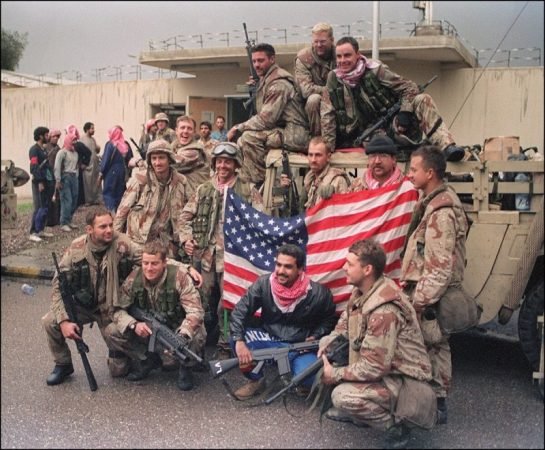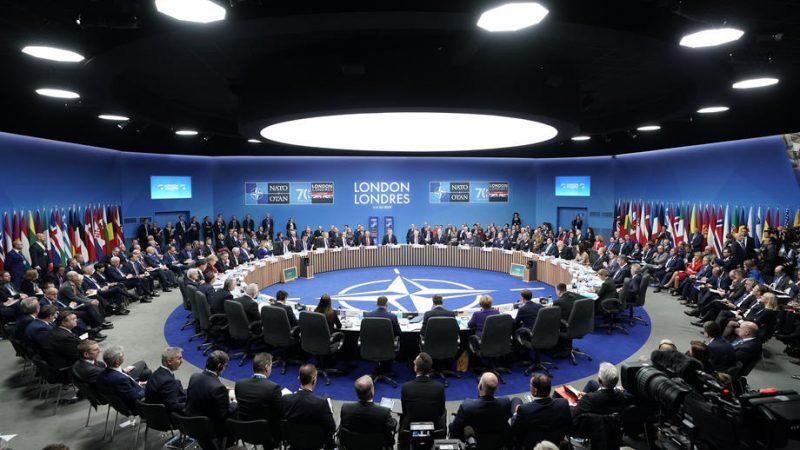30 years of Gulf War- Rise of the unipolar order

“The battle in which you are locked today is the mother of all battles….Our rendezvous with victory is very near”- Then Iraqi President Saddam Hussein in a speech on January 6, 1991.
The above-mentioned excerpts from a speech delivered by the then-president of Iraq, Saddam Hussein became the turning point in changing the USA’s global power equation in the last days of the Cold War Era. On 2nd August 1990, Iraq invaded its tiny neighbour Kuwait. The rationale behind the offensive was an Iraqi response to a number of loggerheads between Iraq and Kuwait, these included Iraq’s alleged allegations on Kuwait stealing Iraqi oil from the border Oil field of Rumaila, Kuwait overproducing oil exceeding the OPEC Quota, Kuwait’s refusal for waiver requested by Iraq for the loan given to Iraq during the 8 years long Iran-Iraq war (1980-1988) and therefore Saddam Hussein, the authoritarian military dictator cum president of Iraq, eventually decided to invade Kuwait and annex it as a province of Iraq. However, he did not realise that it might lead to a major military confrontation on the global stage which would involve The Gulf’s all-weather extraterritorial guardian The USA, well US-led Western Alliance to be specific(NATO). The response to the invasion came with multiple numbers of UN-sanctioned resolutions asking Iraq to withdraw its troops from Kuwait.

However, the West’s major concern was a possible Iraqi invasion of The Kingdom Of Saudi Arabia, which would enable Saddam Hussein to gain control of one of the world’s biggest oil-producing regions, the oil fields of Saudi Arabia.
Then began the American led intervention under the command of Gen Norman Schwarzkopf, a tough military man given the overall charge of the coalition troops from 35 countries including the USA, UK, Canada, France etc and even Arab Countries opposed to the Iraqi aggression like Kuwait, Egypt, Saudi Arabia, Morocco, Syria etc playing a major role in the combat operation in order to liberate Kuwait from the Iraqi forces. Two major Operations were US-led “Operation Desert Shield” & Operation Desert Storm” and others being the “Operation Granby” led by the UK, ”Operation Friction led by Canada, ”Operation Daguet led by France”. The retaliatory offensive against in the backdrop of continuously failing diplomatic negotiations finally began on 17th January 1991 with an aerial bombing of Baghdad and the occupied areas of Kuwait, that continued till February 23 followed by the ground offensive continuing till 28th, which eventually ended with the Ceasefire declared by then US president George HW Bush(Bush Senior) and Iraq announcing its acceptance of the UN Sanctions. It meant a humiliating Iraqi defeat. With this episode, the US emerged as the key hegemon in the post cold war unipolar world order.


















